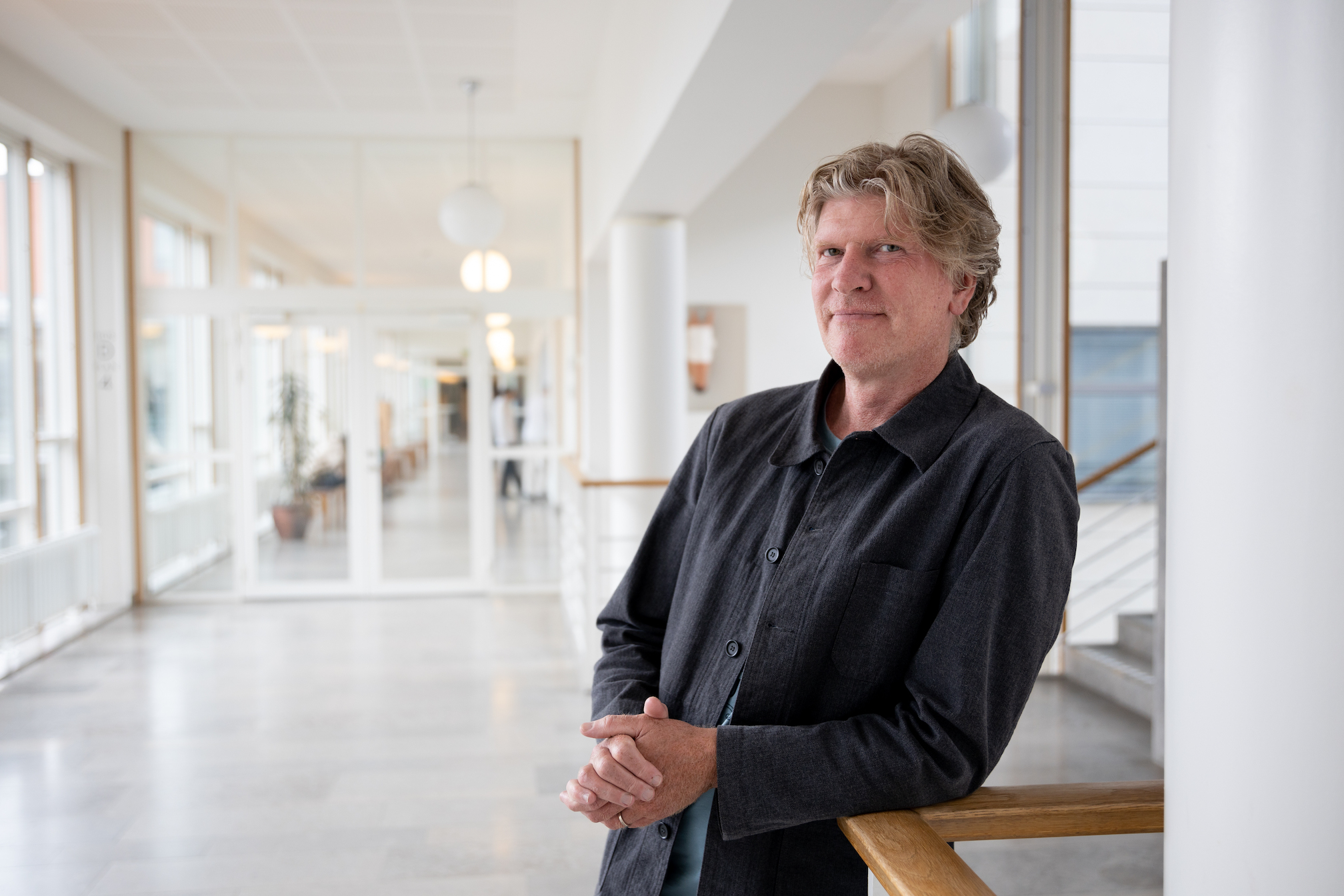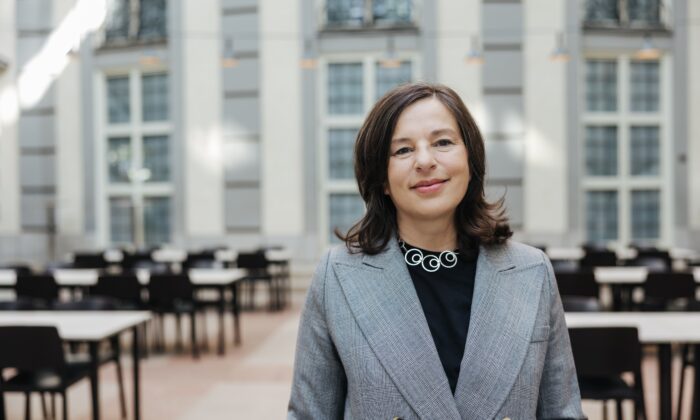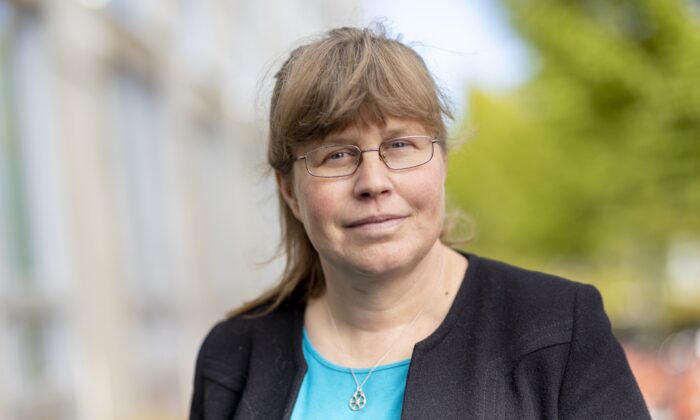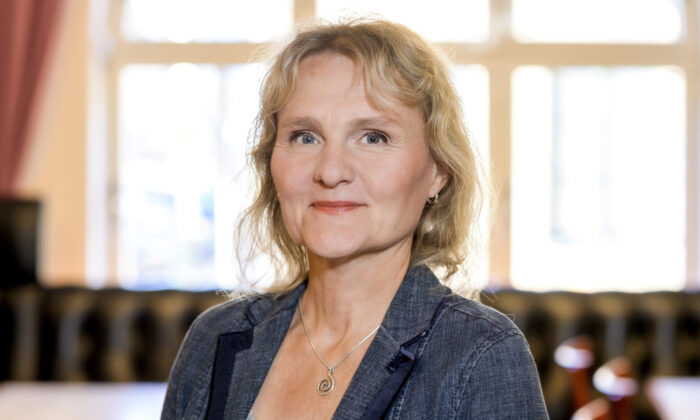Published
2023-08-30Updated
2023-09-13Societies that are able to provide and renew critical infrastructure, such as energy systems, are better able to face the future than others. Alexander Styhre will study how companies based on their unique competencies interact with policy makers, authorities and other companies to create spatial conditions that favor existing and new business ventures while contributing to economic and social growth.
- Companies' efforts to create this type of spatial relationship have not been studied much in organizational research. It has mainly been economic geographers and researchers in urban studies who have focused on the spatial embedding of economic and social welfare. By bridging these two research traditions, I want to make both theoretical and empirical contributions to organizational research, and I am very grateful that the professorship gives me the opportunity to do this, says Alexander Styhre.
In three research projects, including interviews with managers and leaders, he will examine three spatial aspects: 'innovation space', 'infrastructure space' and 'housing space'.
The subproject "innovation space" examines, among other things, how AstraZeneca in Mölndal contributes to creating "innovation space" where life science expertise can be established and developed locally, for example through the physical initiative GoCo Health Innovation City and the involvement in the life science incubator BioVentureHub.
The subproject "infrastructure space" maps how companies contribute to creating and organizing infrastructure, such as energy systems, logistics and transport solutions, and production and office space. The project focuses on Castellum's initiative Gateway Säve, a new important hub where the old airport area will meet several infrastructural needs that are currently inadequately supplied.
The third sub-project, 'housing space', explores how public (Framtiden AB) and private housing companies work together, for example to produce affordable housing. Access to affordable housing is important because it tends to generate more economic activity. Private companies often also own housing adjacent to public housing and cooperate there as well.
Alexander Styhre is since 2010 Professor of Management at the School of Business, Economics and Law, University of Gothenburg. He obtained his PhD in Lund in 1998 and was then active at Chalmers 1999-2010. His research path revolves around innovation management, life science innovation, venture capital investments and corporate governance.
About the Torsten Söderberg Research Chair at the Gothenburg School of Economics
The Chair was established at the Gothenburg School of Economics in 2001 to promote research in economics and law. The original donation of SEK 20 million was made jointly by the Torsten Söderberg Foundation and the Ragnar Söderberg Foundation. In 2016, the Torsten Söderberg Foundation donated a further SEK 20 million and the chair was given its current name. The research chair can be held by full-time professors at the Gothenburg School of Economics and rotates between the subject areas of economics, law and business administration. Normally the period covers three years.



